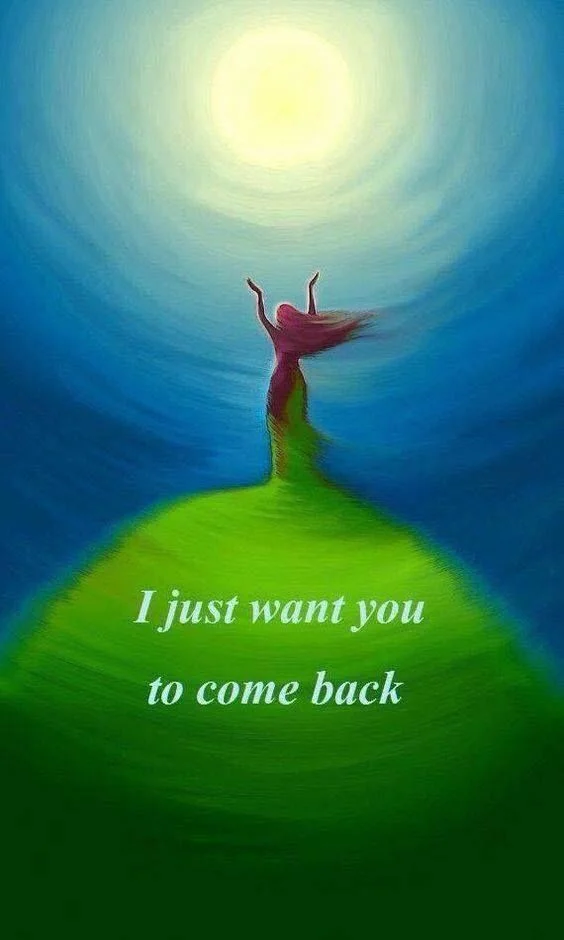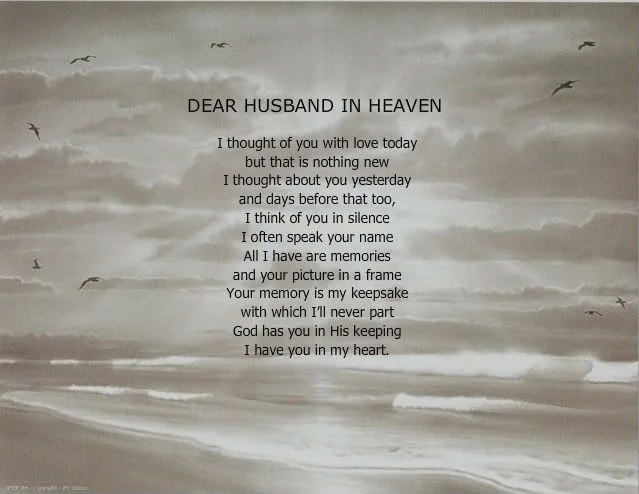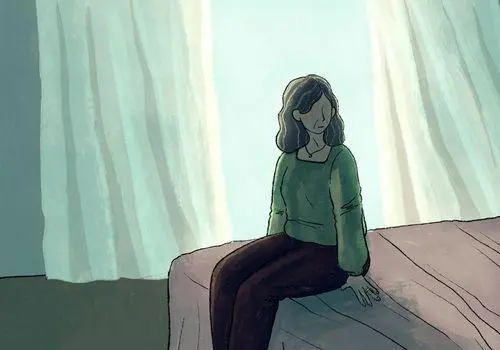There are a lot of things in this world that we have no control over. One of the most difficult is losing a spouse. The loss of a loved one can be a devastating experience in life, and there’s no way to prepare for it. In this blog post, we will talk about what you should expect after your husband dies (my husband died and I want him back) and how you can come to terms with reality when he does pass away from this earth.
Contents
Losing A Spouse

When you lose a spouse, it feels like the world has come to an end. You may feel lost, confused and alone. It is common to feel as though your life has no purpose without your husband by your side. Grief can be all-consuming, and it’s important to allow yourself time to mourn his death.
Wanting Him Back
It’s natural to want your husband back after he dies. You may feel like you can’t go on without him, and that’s completely normal. However, it is important to remember that your husband is gone forever. He will never come back to you, no matter how much you wish he would.
Stages Of Grief

At first, you may not be able to process what has happened. There’s a good chance that your mind will go numb and you won’t believe he is gone until the funeral takes place. You may even feel like you are in a living nightmare, and that this isn’t real life. This is all very normal.
You may find yourself going through the five stages of grief after my husband died as well (my husband died).
- Denial: “This can’t be happening to me.”
- Anger: “Why did this have to happen?”
- Bargaining: “If only I had done things differently, maybe he would still be alive.”
- Depression: “I’m never going to be happy again.”
- Acceptance: “I’m finally ready to move on with my life.”
It is important to remember that you will not experience all of these stages in order and you may revisit some of the stages multiple times. There is no timetable for grieving.
Mourning Your Husband’s Death

It might seem like the end of life as you know it after my husband dies, but there will come a time when you are ready to move on with your life and start over again. This doesn’t mean that you forget your husband or stop loving him. It simply means that you find a way to live without him.
There are many things you can do to honor your husband’s memory and keep his spirit alive. You might want to start a journal where you write down your thoughts and memories of him. You could also plant a tree in his memory or create a photo album. The most important thing is to find ways to keep your husband close to your heart.
Writing A Eulogy For Your Husband

When writing a eulogy for your husband’s funeral, you will find that it helps to focus on the good times we shared. This will help you to celebrate his life and remember all the wonderful moments you had together. You might also want to include some of the following in your eulogy:
- How you met
- The things he loved doing
- What you love about him
- How he made you laugh
- Your favorite memories
You might also want to thank people that came to his funeral. This is a great way of letting them know how much you appreciate their support during this difficult time. Remember, it’s okay if writing your eulogy for your husband gets too emotional at times. You are allowed to cry and release all the emotions you are feeling.
Finding Support After Losing A Spouse
It can be difficult to cope with the loss of a spouse, and it’s important to have support from friends and family members during this time. You may also want to consider seeking professional help.
There are many experts on losing a spouse, and it’s important to reach out for help if you feel like you can’t cope with the loss of a loved one. A therapist can help you deal with the pain and loss, while also helping you come to terms with reality.
It’s perfectly natural to feel like your life is over after my husband dies. But it doesn’t have to be if you reach out for support when needed. Countless people have been through the same experience as you, and they can help.
Case Study
Brenda’s husband died after a long battle with cancer. She was completely devastated by his death and felt like she couldn’t go on without him. Brenda reached out to her friends and family for support but found that they weren’t able to understand what she was going through.
She eventually decided to seek help from a therapist who helped her work through the stages of grief. Brenda is now in a much better place and has learned to honor her husband’s memory while also moving on with her life.
Conclusion
There is no other way to say this but… it’s going to be a very difficult journey after losing a spouse or husband. You will probably go through many stages of grief before finally accepting that he isn’t coming back again. This doesn’t mean that you loved him any less, it’s just part of the healing process.
There are many things you can do to help yourself cope with the death of a husband, and it’s important to reach out for help if needed. Maybe, by working on yourself, you make the best possible tribute towards the person whom you lost. Remember that there is light at the end of the tunnel and you will make it through this difficult time.
For more information, please contact MantraCare. Grief is a natural and complex emotional response to loss or change. If you have any queries regarding Online Grief Counseling experienced therapists at MantraCare can help: Book a trial therapy session


